At the crossroads of human ingenuity and technological progress, the ascent of artificial intelligence (AI) has ushered in a paradigm shift in the global workforce. AI’s impact on jobs, once speculative, is now a reality we’re actively navigating. This article delves into the intricate interplay between artificial intelligence and job disruption, illuminating how individuals, industries, and societies can adeptly maneuver through these changes for a prosperous future.
The Rise of AI: Catalyst for Work Transformation
Artificial intelligence, with its ability to replicate human cognitive functions, has seamlessly integrated itself across industries—from finance to healthcare, manufacturing to customer service. Automation, machine learning, and predictive analytics are heralding a new era marked by efficiency, accuracy, and innovation. However, alongside AI’s advancement, concerns about its potential to displace jobs have gained traction.
Adapting to a Changing Work Landscape
Throughout history, technological progress has both displaced jobs and created new opportunities. AI, capable of handling repetitive tasks and processing massive datasets, is poised to redefine work dynamics across sectors. Tasks prone to automation may see reduction, while demand for skill sets related to data analysis, programming, and AI maintenance could surge.
Upskilling and Reskilling Imperative
In the face of evolving work landscapes, upskilling and reskilling are not just recommendations but mandates. As AI takes over routine tasks, human professionals can focus on refining uniquely human abilities—creativity, critical thinking, empathy, and intricate problem-solving. A collective effort involving individuals, educational institutions, and employers is essential to foster a culture of continuous learning.
Industries Embracing Transition: Seizing Fresh Prospects
While certain job roles might be susceptible to automation, AI also brings forth novel possibilities. Industries can harness AI’s potential to elevate decision-making, streamline operations, and create tailor-made consumer experiences. Healthcare can benefit from AI-driven diagnostics, while manufacturing can optimize supply chains through predictive analytics. A symbiotic partnership between humans and AI can propel innovation and progress.
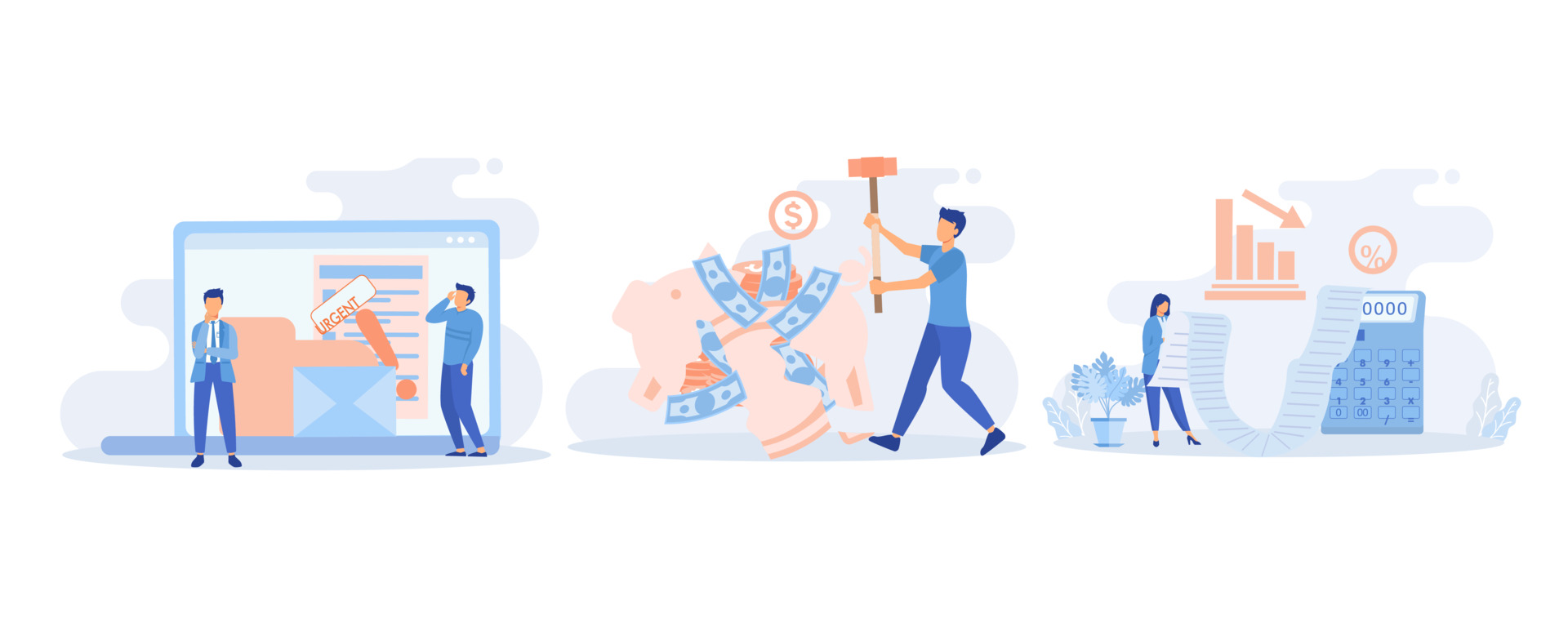
Policy and Regulation’s Influential Role
In the realm of AI-induced workforce transformation, policy and regulation play pivotal roles in shaping the journey. Governments can champion initiatives promoting digital literacy, workforce development, and reskilling. Formulating ethical guidelines for AI deployment, ensuring transparency, and addressing potential biases are integral for the responsible integration of AI technology.
Fostering Technological Literacy
Embracing AI’s potential necessitates comprehension of its capabilities and constraints. Technological literacy becomes the cornerstone for professionals across diverse industries. A foundational grasp of AI concepts empowers individuals to identify opportunities for collaboration and innovation, bridging the gap between human ingenuity and machine intelligence.
Conclusion: Paving the Path Forward
The nexus of artificial intelligence and job disruption encapsulates transformative potential. While AI recalibrates job roles, industries, and economies, the trajectory of this transformation is influenced by proactive human agency. Successfully navigating the evolving work landscape demands a commitment to reskilling, fostering innovative culture, and embracing AI as a tool for augmentation. Collaborative efforts among individuals, industries, and governments will serve as the compass guiding us toward a future where AI and human potential coexist harmoniously.



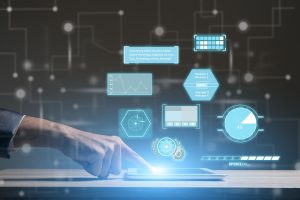
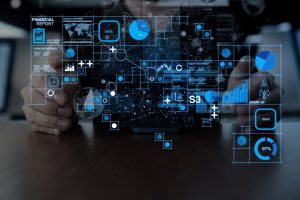
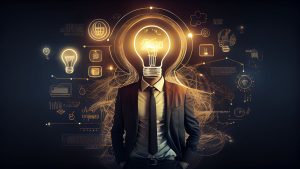
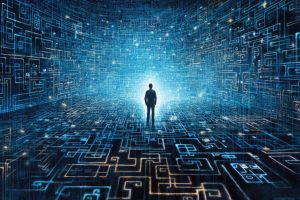


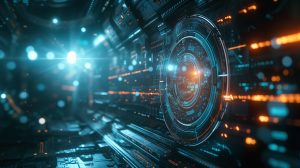

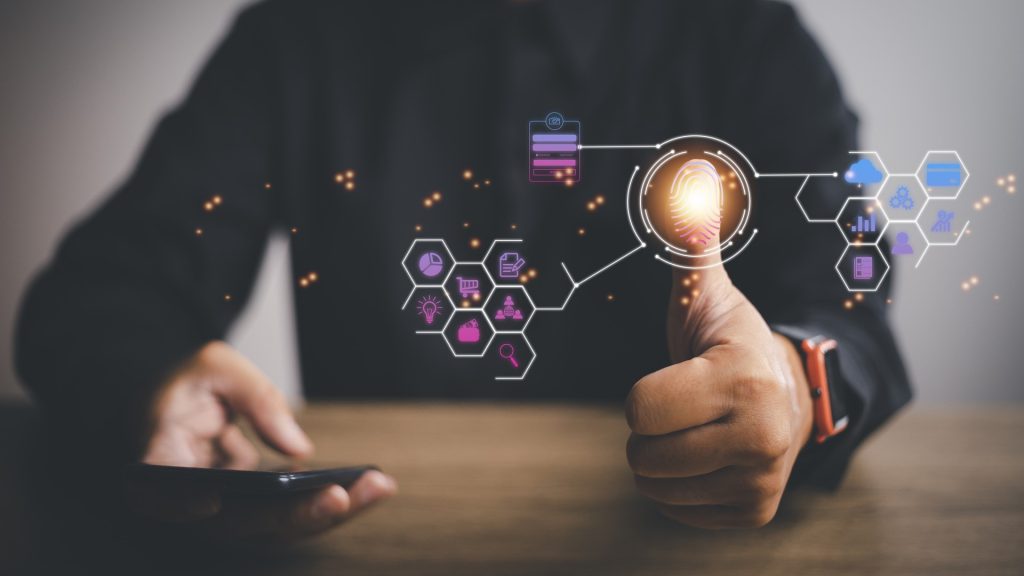
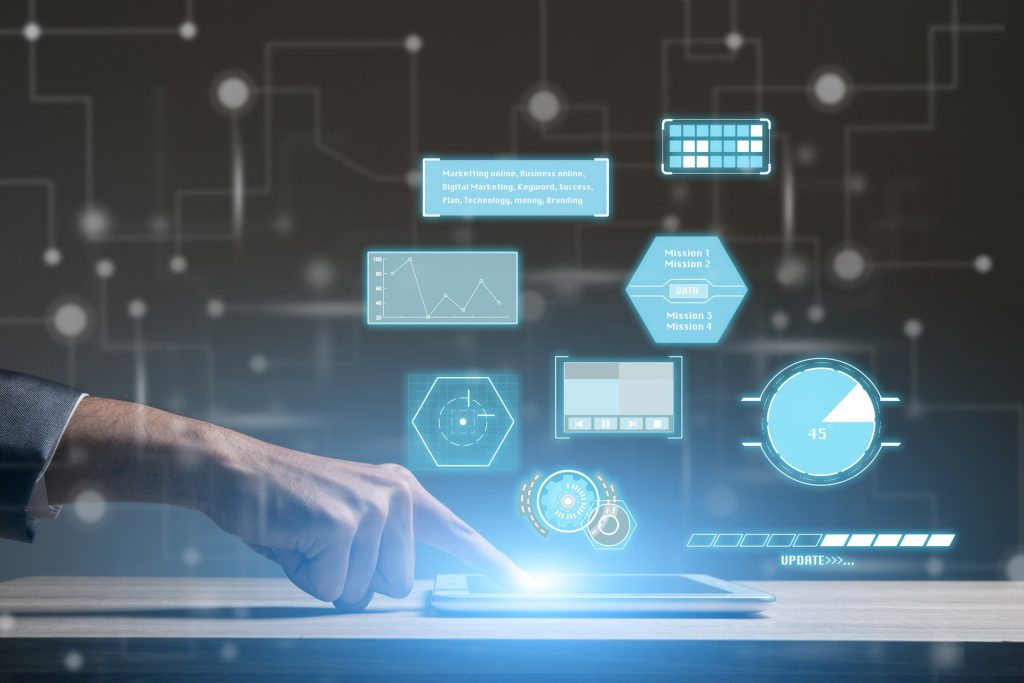
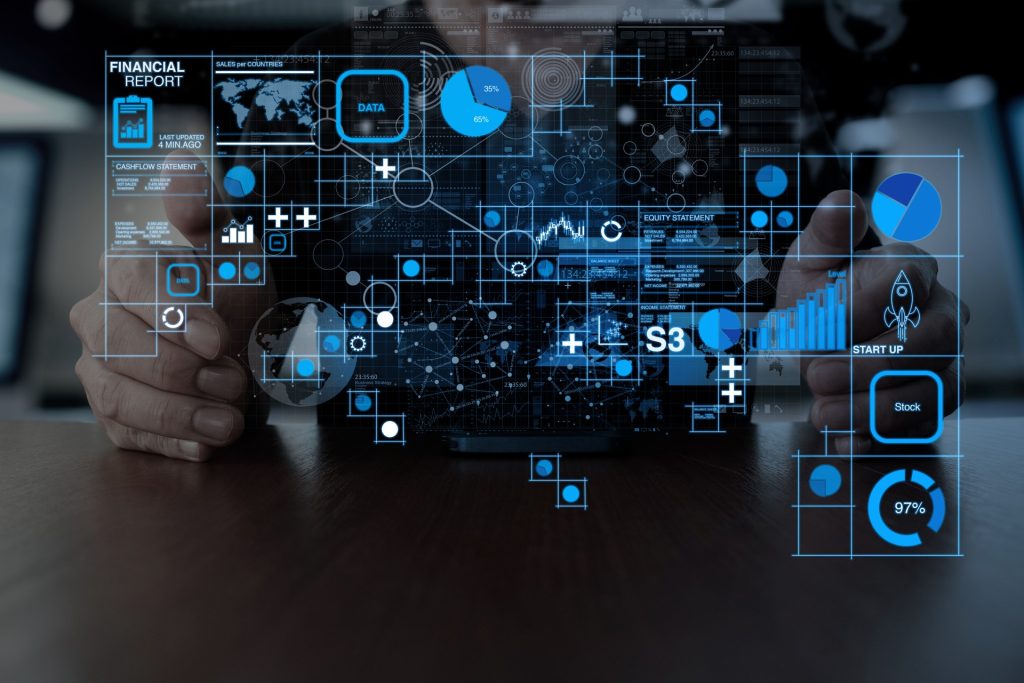
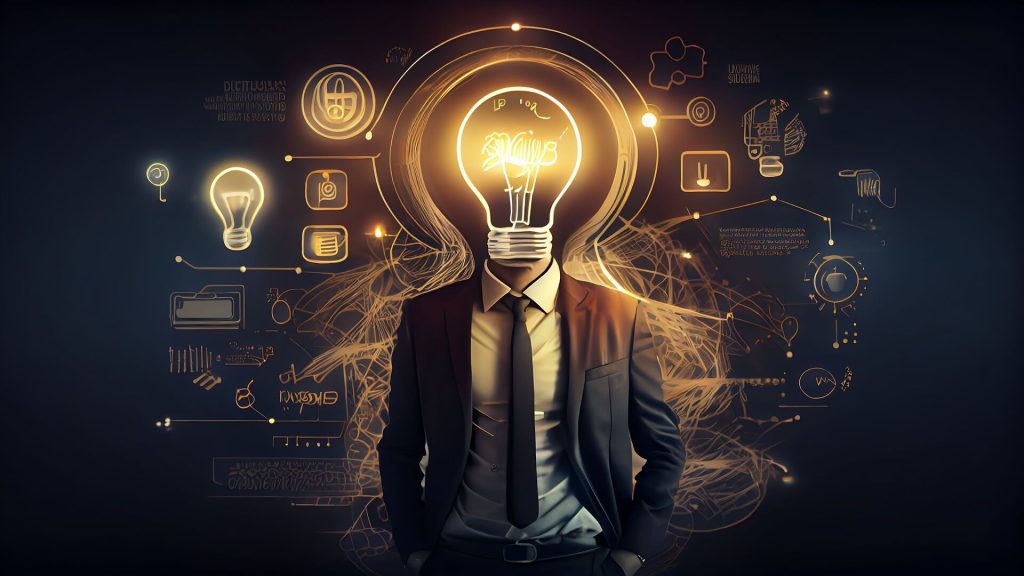
One Response